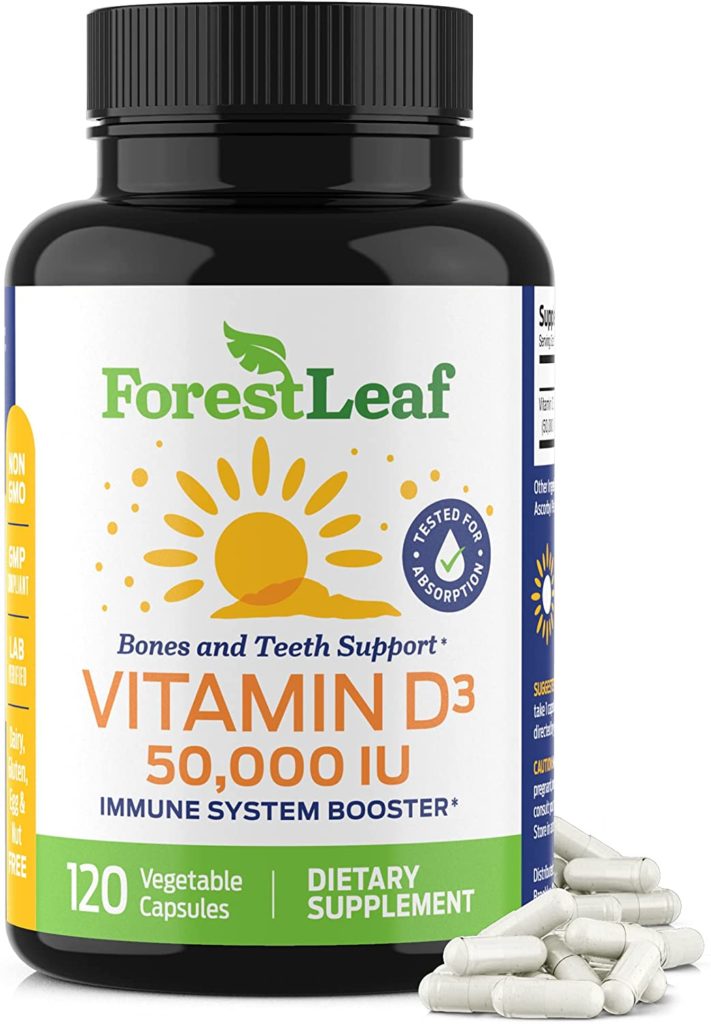Writing Under the Influence of Nicotine
[Please note that this page contains affiliate links. If you choose to purchase after clicking a link, I may receive a commission at no extra cost to you.]
Like any writer you know, writing on nicotine most likely smoked cigarettes or did or does nicotine in some facet.
I have tried cigarettes in the past, and fortunately for me, I never liked them or got hooked at all. I did get a significant head rush and could feel the attraction to that, but the smoke itself was too disgusting for my liking.
That is why I chewed tobacco like Copenhagen and Skoal for a couple of years.
Writing Under the Influence of Nicotine
I tried nicotine gum when I first started writing about nine years ago, but I found it too far intense. So over the last year now, I have been vaping with 5% nicotine through a pod called Vuse.
Vuse is a company from Europe that regulated and legalized the vaping market, taking it out of the black market.
They removed harmful chemicals causing lung issues in many young people, making them safer than tobacco.
Nicotine has a terrible reputation as it is linked to smoking and addiction.
Although, taken safely can have significant benefits for people.
Nicotine is like caffeine which is also a powerful, intelligent drug. Nicotine is a legitimate bio-hack when you take it in low to moderate doses in its purest form – minus carcinogens and the toxins rolled nicely packed into a cigarette.
Scientists and doctors who study nicotine predict that nicotine (not smoking) will become much more popular for performance and cognitive enhancement.
Why Writers Use Nicotine
Let’s face it, about 99% of the best writers in the last 200 years (p > .05) were writing under the influence of nicotine and caffeine.
A brief look at some positives and negatives of nicotine, with a few safety tips if you choose to use it as a nootropic or a bio-hack for your brain, especially for art like painting, singing, writing, and computing like coding.
Nicotine is one of the most studied psychoactive chemicals.
Nicotine is like caffeine as it is a defence mechanism produced by some plants to avoid being eaten by fungus, animals, and or bugs. Nicotine and caffeine have similar chemical compositions. Many species of plants make nicotine and store it in their leaves.
Nicotine in large doses is toxic and bitter, which helps keep pesky animals at bay.
Nicotine is not only found in tobacco, but you can also find small amounts of it in the nightshade family – potatoes, eggplants, tomatoes, and you can even find some in cauliflower.
Nicotine may be very toxic to smaller mammals, but humans take in a fair amount of it and benefit from it.
Nicotine binds to nicotinic receptors, activating pathways that control attention, motor function, pleasure, and memory. It connects to a few different kinds of nicotinic receptors.
- each of these receptors affects your brain in another way that will improve short-term memory
- appetite suppressant
- increases reaction time
- increases your attention
- enhances your fine motor skills
The following is a list of options for nicotine use from worst to best: smoking, chewing tobacco, vaping, e-cigarettes, nicotine gum, nicotine patches, nicotine inhaler, nicotine lozenges, nicotine mouth spray.


